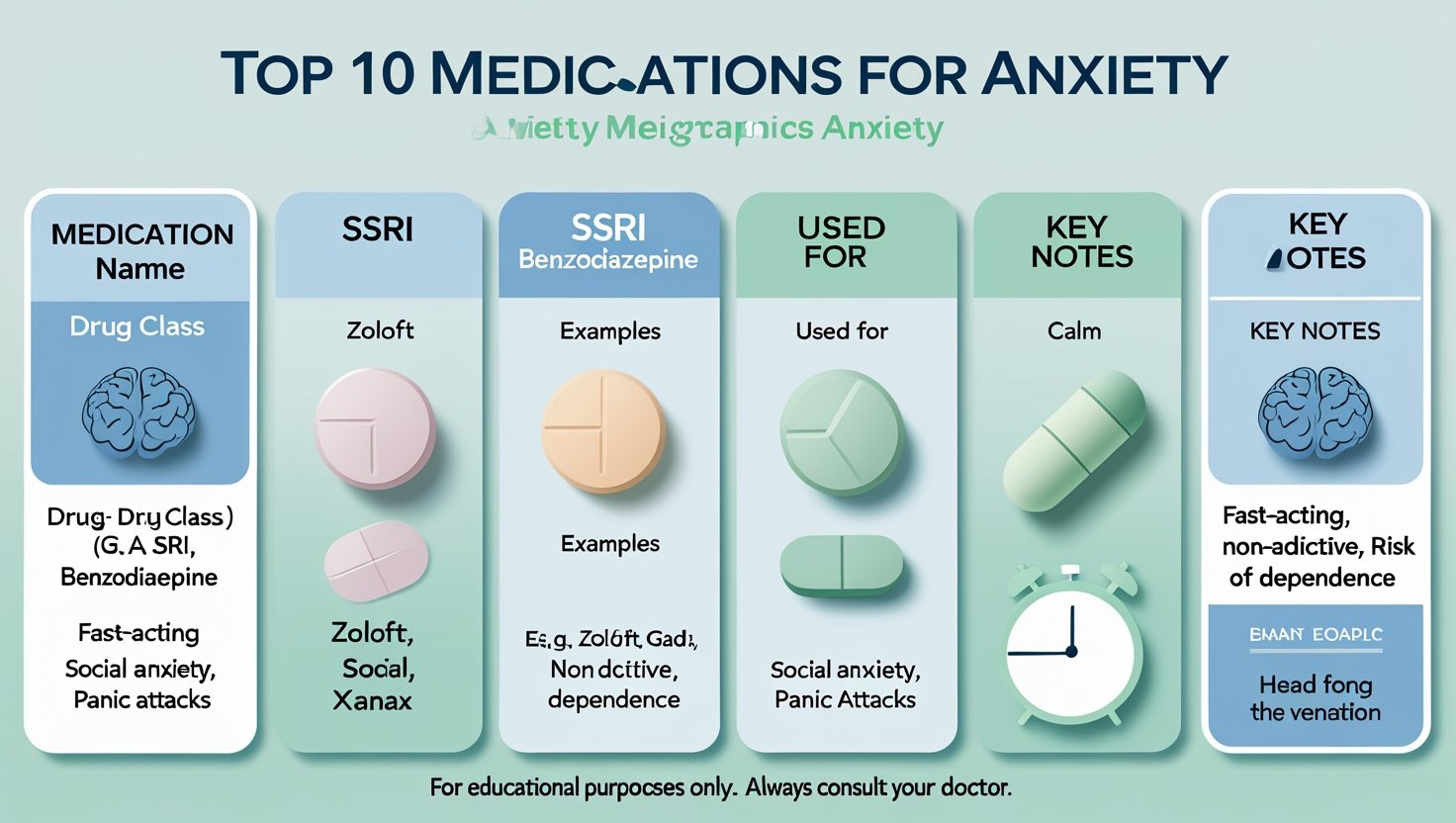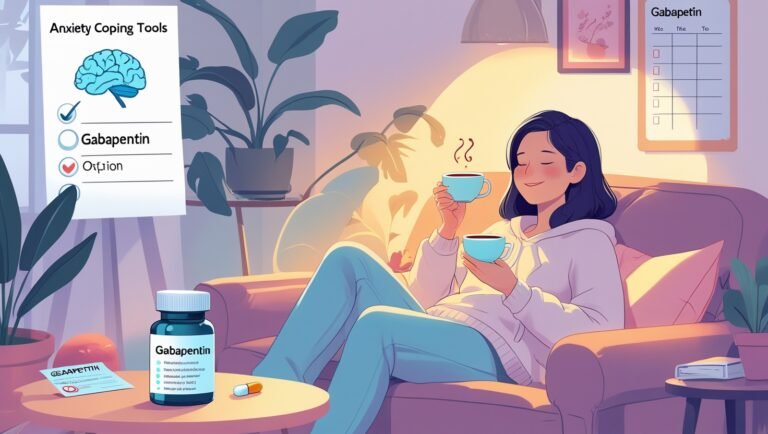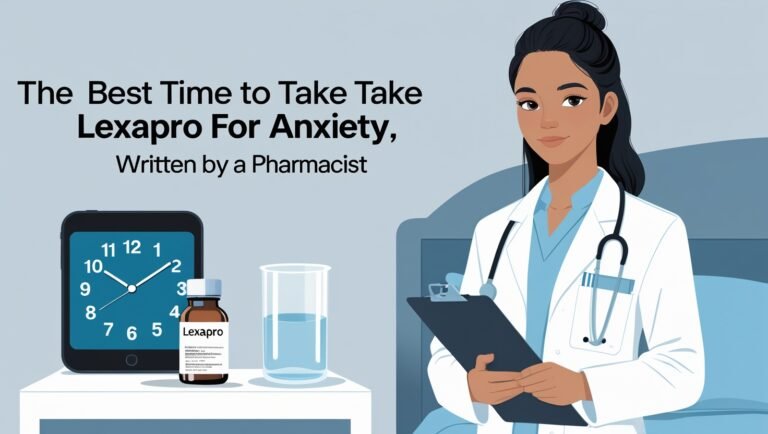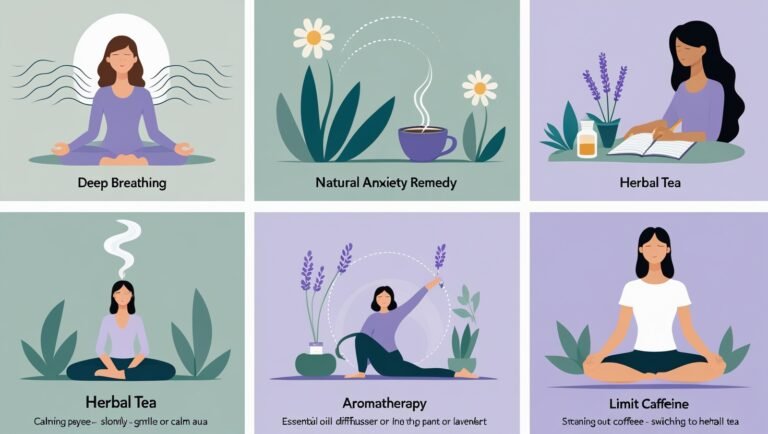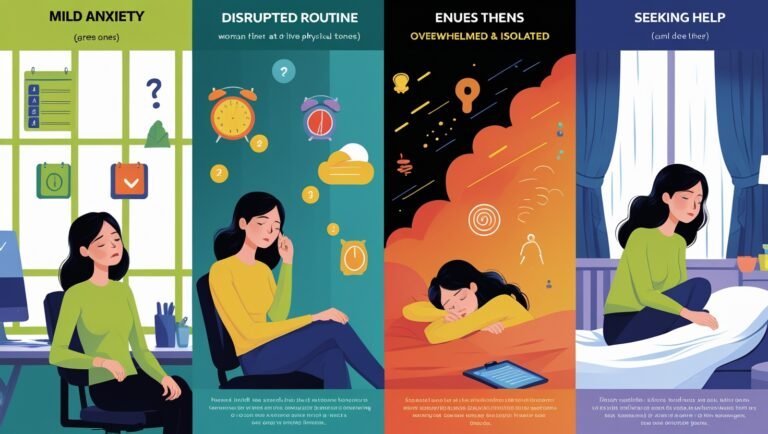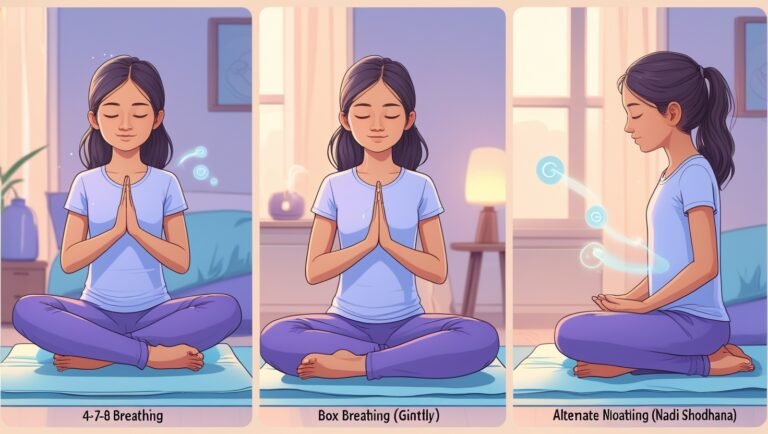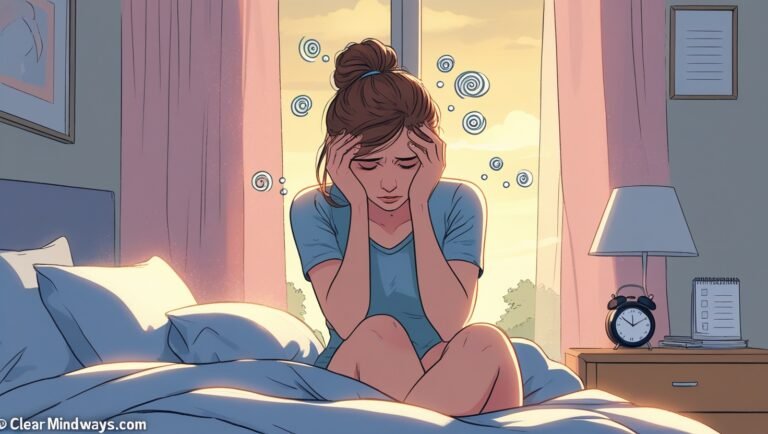What are the top 10 medications for anxiety?
Anxiety medication types such as SSRIs, SNRIs, TCAs, benzodiazepines, beta-blockers, and many others. Those with chronic anxiety could need medication to reduce symptoms. A doctor can help determine the best choice.
Here, we take a closer look at the most common types of anxiety medication and their risks and side effects explained.
Various medications are available to treat the symptoms of anxiety. The Anxiety and Depression Association of America (ADAA) states that there are of medications used to treat anxiety disorders.
Serotonin reuptake inhibitors (SSRIs)
SSRIs are actually an antidepressant, but doctors may also prescribe these to individuals with anxiety and obsessive-compulsive disorder (OCD).
SSRIs are considered the first-line pharmacologic treatment for generalized anxiety disorder by physicians in 2022.
SSRIs prevent nerve cells in the brain from reabsorbing the chemical serotonin, which is involved in regulating mood.
Some examples of SSRIs for anxiety are:
- citalopram (Celexa)
- escitalopram (Lexapro)
- fluoxetine (Prozac)
- fluvoxamine (Luvox)
- paroxetine (Paxil, Pexeva)
- sertraline (Zoloft)
Most of these drugs will start working within 2 to 6 weeks Trusted Source, but they don’t work for everybody. Typically, people use SSRIs for 6 to 12 months to control an anxiety condition and then taper off the medication.
These are not addictive medications, so they don’t tend to lead to addiction.
Individuals would need to consult a doctor or physician before they begin tapering off or discontinuing medication.
Learn More: The Best Time to Take Lexapro for Anxiety, Written by a Pharmacist
Serotonin-norepinephrine reuptake inhibitors (SNRIs)
Another class of antidepressants called SNRIs can also help to relieve anxiety as well as depression. They can also be prescribed by doctors to treat certain chronic pain conditions.
Doctors also prescribe SNRIs as a first-line treatment for anxiety, according to the ADAA. But they are not good for treating OCD.
These drugs decrease the brain’s reabsorption of the chemicals serotonin and norepinephrine.
Some examples of SNRIs for anxiety includes:
- duloxetine (Cymbalta)
- venlafaxine (Effexor XR)
Like SSRIs, it may take a few weeks for SNRIs to work.
Tricyclic antidepressants (TCAs)
TCAs are a older type of antidepressants. While they might work as a treatment for depression and anxiety, doctors usually give SSRIs because they have fewerTrusted Source side effects.
Some people, though, may find TCAs helpful when other treatments have failed.
These drugs function by blocking reabsorption of both serotonin and norepinephrine. This raises the levels of these brain stimants.
These TCAs are also effective for the treatment of anxiety:
- amitriptyline (Elavil)
- imipramine (Tofranil)
- nortriptyline (Pamelor)
Benzodiazepines
Benzodiazepines are a class of sedative that dampens the physical symptoms of anxiety, like tight muscles. These substances leave the patient relaxed and they act fast.
Blood concentration peaks 1–2 hours after a person takes their dose. People can experience the impacts earlier than this.
Benzodiazepines include:
- alprazolam (Xanax)
- chlordiazepoxide (Librium)
- diazepam (Valium)
- lorazepam (Ativan)
While they can be very effective at treating short-term problems, doctors almost never prescribe benzodiazepines because they become less effective over time and can lead to addiction.
For these and other reasons, experts advise against prescribing the long-term use of benzodiazepines (beyond six months)Trusted Source.
Benzodiazepines may be used as-needed to treat short-term anxiety for some. For instance, people who fear flying may use them before boarding a plane.
Occasionally, someone may take a benzodiazepine in combination with an SSRI for two to four weeks until the SSRI takes effect.
Related:
Other medications for anxiety
Other medications can be helpful in treating anxiety, but they are far less likely to be prescribed unless SSRIs or something like it fails.
Beta-blockers
Beta blockers are a popular treatment for high blood pressure and specific heart conditions. But in some situations, doctors may also prescribe themTrusted Source off-label to treat anxiety.
Beta-blockers block the norepinephrine effect, so they can help ease some of the physical symptoms of anxiety. Some beta-blockers are atenolol (Tenormin) and propranolol (Inderal).
Buspirone
This anti-anxiety drug is believed to treatTrusted Source short- or long-term anxiety symptoms.
Buspirone (BuSpar) acts much more slowly than benzodiazepines and may not treat all types of anxiety, but other benefits over benzodiazepines include that it doesn’t cause drowsiness or lead to dependency.
Monoamine oxidase inhibitors (MAOIs)
MAOIs Antidepressants: What to know before use MAOIs is one of the first types of depression medications. Doctors might prescribe them off-label to treat a few types of anxiety, but they can also come with dramatic side effects and doctors seldom recommend them.
Types of MAOI include:
- isocarboxazid (Marplan)
- phenelzine (Nardil)
- selegiline (Emsam)
- tranylcypromine (Parnate)
- Side effects
Some people may experience side effects from antidepressants and other anxiety medications. These typically go away after a few weeks, but it’s important to call a doctor if they are severe or do not go away.
Some doctors may suggest taking anxiety medications with food to reduce side effects, or taking them right before you go to sleep (if the medication doesn’t make you drowsy) to ease the impact of the dizziness, drowsiness, and lightheadedness.
Side effects experienced by the patient will vary from medication to medication.
SSRIs
Some of the adverse effects of SSRIs are:
- nausea
- diarrhea
- constipation
- loss of appetite
- blurry vision
- dizziness
- drowsiness or fatigue
- dry mouth
- feeling agitated or restless
- headaches
- sexual difficulties or erectile dysfunction
- sleep problems
SNRIs
The side effects of SNRIs are comparable to those associated with SSRIs, such as:
- constipation
- dizziness
- drowsiness or fatigue
- dry mouth
- headaches
- increased blood pressure
- loss of appetite
- nausea
- sexual problems or erectile dysfunction
- sleep problems
- sweating more than usual
- stomach aches
TCAs
Adverse effects differ among the TCAs because they affect numerous different neurotransmitter pathways. Possible side effects include:
- blurry vision
- constipation
- difficulty urinating
- dry mouth
- drowsiness
- increase in appetite
- lightheadedness
- low blood pressure when you stand up
- sexual problems or erectile dysfunction
- sweating more than usual
- tremors
- weight gain
Benzodiazepines
Side effects Benzodiazepines can have a number of side effects including:
- blurry vision
- confusion
- dizziness
- drowsiness or fatigue
- headaches
- loss of memory or concentration
- word finds difficulty coordinating their speech balance issues
- an upset stomach
Benzodiazepines also carry certain risks. For one, they can lead to physical dependence, which can occur over a relatively short period of time. Benzo withdrawal could causeTrusted Source:
- anxiety and restlessness
- depression
- sleep problems
- sweating
- seizures
- Harsher effects of benzodiazepines may includeTrusted Source:
- addiction
- cognitive decline
- fractures
motor vehicle accidents since benzodiazepinesTrusted Source can impair a person’s driving ability
an overdose, particularly if combined with opiates or alcohol
Beta-blockers
Common side effects of beta-blockers include:
- cold hands and feet
- depression
- tiredness
- low blood pressure
- shortness of breath
- sleep issues
- sexual problems
Beta-blockers can cause problems for people with asthma. Those with diabetes should consume them with caution and consult a doctor about potential risks.
Buspirone
Possible side effects of buspirone are:
- blurry vision
- diarrhea
- dizziness
- drowsiness
- dry mouth
- fatigue
- headaches
- muscle pains
- nausea
- confusion
- restlessness or nervousness
- sleep problems
- sweating
- weakness
MAOIs
Some of the most common side effects Trusted Source associated with MAOIs are:
- nausea
- diarrhea
- constipation
- dry mouth
- dizziness
- drowsiness
- lightheadedness
- insomnia
They also interact with many other drugs, and some foods and drinks. Anyone who takes MAOIs will want to ask their doctor to write down the full list of medicines, foods and drinks that they don’t mix with.
Suicide risk and antidepressants
The FDA mandatedTrusted Source in 2004 that all antidepressants have a black-boxed warning about the danger of suicide for children and young adults.
Individuals under 25 years of age may experience an increase in suicidal thoughts and actions with antidepressants.
If you or someone you know is in crisis and considering suicide or self-harm, please seek support:
Call or text the 988 Lifeline at 988 or chat at 988lifeline. org. Compassionate, free, and confidential counselors will listen to students 24 hours a day, seven days a week.
Not in the United States? Have a helpline number handy in your country with Befrienders Worldwide.
If you feel safe doing so, call 911 or their local emergency services number.
If you’re calling for someone else, remain with the victim until help arrives. If you can safely do so, remove any weapons or substances that could cause harm.
If you are not in the same household, stay on the phone with them until help comes.
Home remedies for anxiety
These are the following treatments that some people might want to try to ease anxiety:
- breathing exercises
- meditation
- physical exercise
- yoga
- acupuncture
Hobbies like painting or playing music can be therapeutic for some people, and can help with anxiety.
There’s also some evidence to suggest spending time with pets can be good Trusted Source for people with different mental health problems, like anxiety.
Alternative treatments
One such therapy for anxiety is cognitive behavioral therapy (CBT). This is intended to help people change their thoughts and behavior by investigating what might be making them anxious. CBT seems to be an efficacious treatment for anxiety disorders.
There are many other modalities of therapy, so what works for one person may not be right for someone else.” People may need to experiment, and find what works for them.
- Mental health support
- There are a lot of resources for people feeling anxious.
The first person to turn to for those not in immediate crisis should be a mental health professional, or the person’s general doctor. If you someone you know is in crisis and needs immediate assistance, you should call 911.
The following institutions may be contacted:
The National Alliance on Mental Illness HelpLine at 1-800-950-6264 or helpline@nami.org.
Mental Health America offers support and additional resources.
The National Institute of Mental Health for mental health supportTrusted Source.
When to contact a doctor
Anyone experiencing symptoms related to an anxiety disorder should give a doctor a call. They might suggest therapy, medication, or both.
Anxiety disorders can be diagnosed after a physical exam to rule out other possible problems, and a doctor will ask a person about their symptoms.
They might also do a psychological evaluation and compare the individual’s symptoms to the American Psychiatric Association’sTrusted Source criteria for anxiety disorders.
